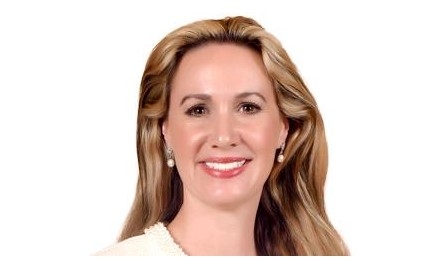The Financial Conduct Authority (FCA) has committed to upping its investment in using data to tackle online fraud faster.
The regulator has updated its data strategy to commit to up its headcount and technology power for staff tackling scams.
It said it is recruiting for a ‘significant number of skilled roles’ across artificial intelligence, analytics and data science, cloud engineering and digital technology.
The regulator has also committed to providing its staff with a dashboard for all the companies it regulates to make it easier to identify and focus on the highest risk cases.
The new recruits will be responsible for a range of data and digital initiatives, including improving the quality of the data the FCA collects.
The regulator has so far recruited 100 staff for this team since 2020.
Staff at the FCA are using technology to scan around 100,000 websites created every day to identify those that appear to be scams.
Where the FCA identifies a fraudulent website, it requests the website host shut them down, but currently does not have the powers to force them to.
Between May 2021 and April this year, the FCA added 1,966 potential scams to its consumer warning list. This was an increase of over a third than during the same period the previous year.
The FCA is also using analytics and data to identify inappropriate financial adverts.
Last year 564 adverts were withdrawn or amended, double the number of the previous year.
Jessica Rusu, chief data, information and intelligence officer at the FCA, said: “Better use of data means we can be more proactive and find and stop harm faster. We are continuing to improve our data, technology and capabilities to act decisively in consumers interests, while making it easier for firms to report to us.”
Ms Rusu joined the FCA last year as part of its plans to become a data-led regulator.
The FCA has also developed and implemented a sanctions screening tool following Russia’s invasion of the Ukraine, to support the monitoring of the effectiveness of firms’ controls in identifying organisations or individuals that have been sanctioned.
The regulator said the sanctions screening tool has been ‘vital’ in supporting its ongoing work with domestic and international partners in response to the war in the Ukraine.

